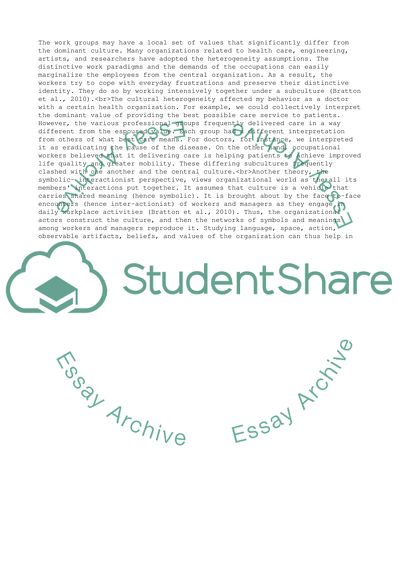Cite this document
(“World view paper Essay Example | Topics and Well Written Essays - 1500 words”, n.d.)
Retrieved from https://studentshare.org/management/1676789-world-view-paper
Retrieved from https://studentshare.org/management/1676789-world-view-paper
(World View Paper Essay Example | Topics and Well Written Essays - 1500 Words)
https://studentshare.org/management/1676789-world-view-paper.
https://studentshare.org/management/1676789-world-view-paper.
“World View Paper Essay Example | Topics and Well Written Essays - 1500 Words”, n.d. https://studentshare.org/management/1676789-world-view-paper.


